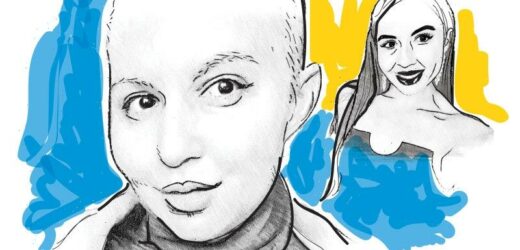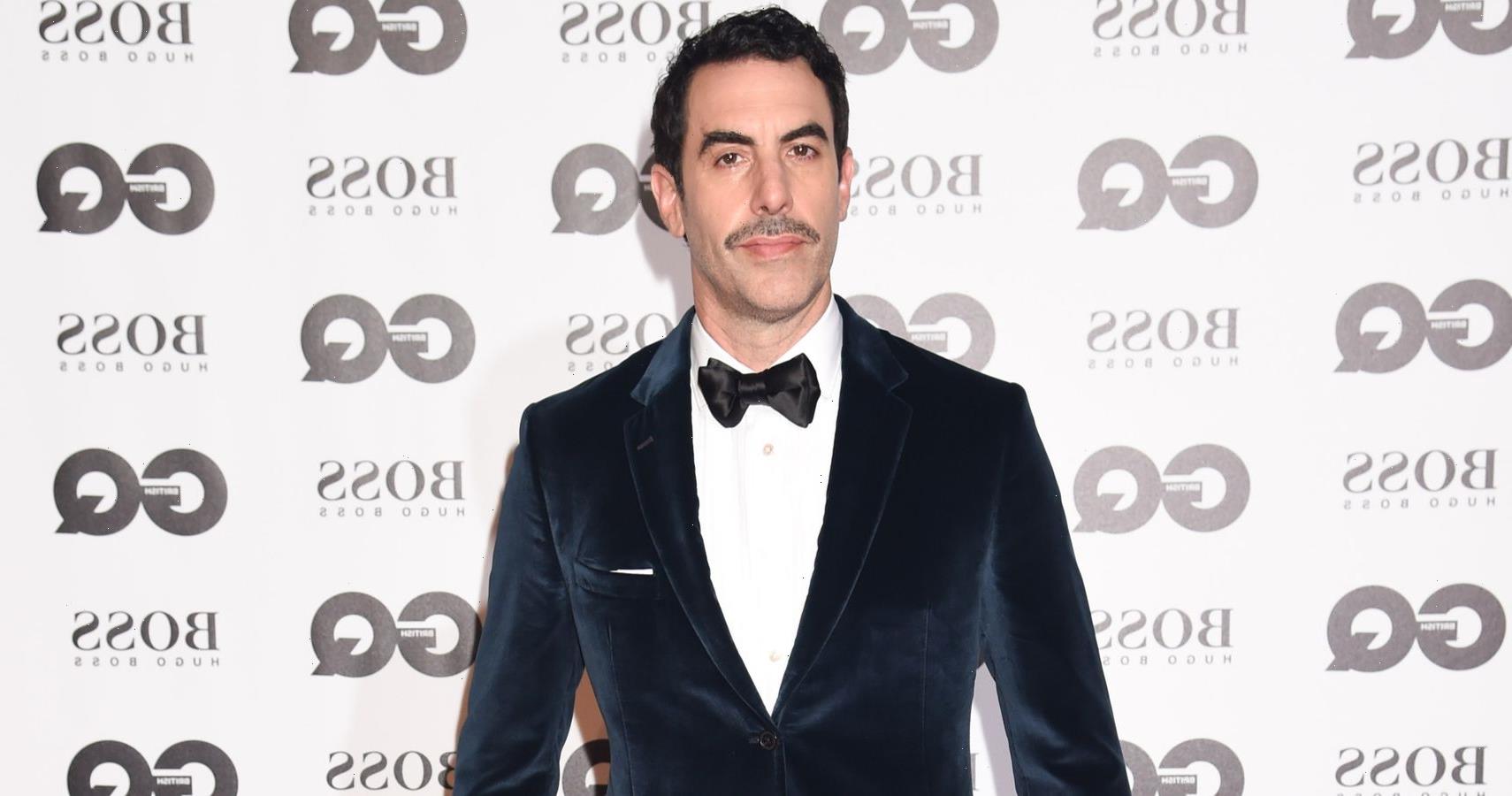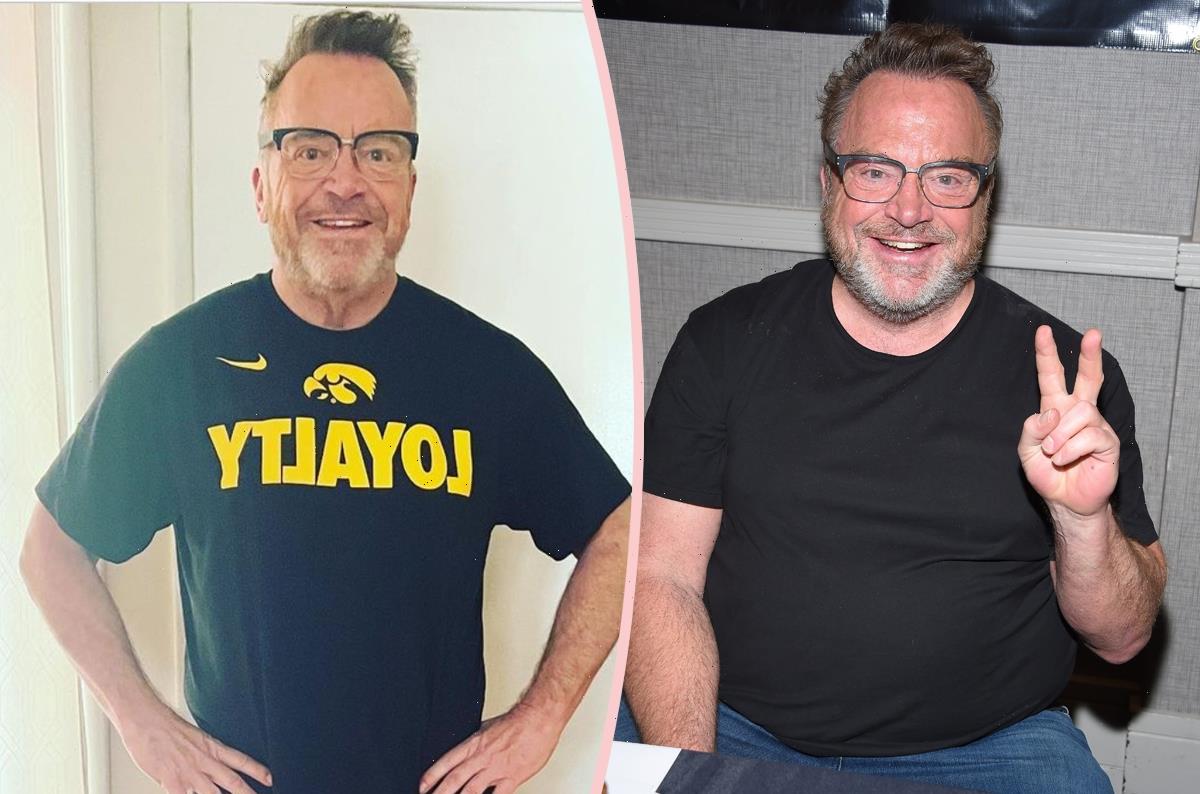I was in the best shape of my life when I was diagnosed with cancer on New Year’s Eve.
By that stage it’d been over six weeks since I’d first felt The Bump in my left breast during a stretch at the gym. I’d lost count of the times I’d told others (and others had told me) “it’ll be fine”. Two months, two lengthy ultrasounds, a biopsy and hundreds of it’ll-be-fines later, I received a phone call from my doctor to hear the results.
Illustration by Jo GayCredit:
I wasn’t expecting bad news. Every medical professional, including the doctor who did my biopsy, threw around phrases like “doesn’t look sinister”, “you’re too young to have cancer” and “probably a benign cyst”. They even recommended we go on our regular Christmas holiday, as there’d be no need to meet in person on the other side of the tests.
They were wrong. At the age of 33, with no family history or other symptoms, I was diagnosed with triple-negative breast cancer. It’s a type of cancer that doesn’t have the receptors usually found in breast cancer, meaning doctors have fewer options for treatment. It’s typically a more aggressive type of tumour with a faster growth rate and higher recurrence rate.
That phone call triggered many tests, invasive procedures and treatments, including a round of IVF, egg retrieval and a monthly implant that gives me menopausal symptoms to preserve my fertility. A portacath installation, followed by 13 weeks of combined chemotherapy and immunotherapy, weekly blood tests and a surgery to get me to the halfway mark.
But as anyone who’s had cancer would know, that’s just the start. There’s also the decision fatigue that comes from choosing whether to take part in trials and scanxiety-inducing PET and MRI scans where you wait days to hear whether your cancer has spread.
Luckily, mine hasn’t. But that hasn’t stopped me looking up the recurrence rate. According to Breast Cancer Trials Australia, while all women are at risk of developing breast cancer, and the risk greatly increases with age, women under the age of 40 are more likely to be diagnosed with a more aggressive type of cancer.
Breast cancer is the most commonly diagnosed cancer in women, but for those of us aged between 20 and 39 in Australia, it’s also the most common cause of cancer death. Approximately 7 per cent of breast cancers diagnosed in Australia are women in this age group, which is approximately 1000 women each year.
Each morning my reflection reminds me I’m one of them. Instead of scrolling through influencers on Instagram, I catch myself staring at photos of my life six months ago and feel a sense of grief. The cancer was in me then, but I didn’t know it yet.
I used to complain about my uneven eyebrows. Now I have none. I used to wish I could lift heavier at the gym. Now all I want is to be able to get out of bed without my whole body hurting. I used to hate waking up to an alarm. Now I wish I’d sleep long enough to hear an alarm, instead of being woken by a hot flush.
“Instead of scrolling through influencers on Instagram I catch myself staring at photos of my life six months ago and feel a sense of grief.”
It’s a weird thing to grieve the person you used to be, but also resent her for being so ungrateful. This experience has shaped me in ways I wouldn’t take back, like a crash course in appreciating what I’ve got right here, right now.
I used to wish away weeks, looking forward to holidays. But after The Call we’ve created a life that feels like one. Relaxing on the deck next to my partner and our dog, laughing every day, dipping in and out of the ocean, eating our favourite foods while listening to our favourite music. I used to want more. Now all I want is my life, without the cancer.
I feel the same way about my body.
I’d never really analysed why so much of my self-worth was wrapped up in how I look. Maybe it’s because I heard the women around me constantly criticising themselves. Maybe it’s because I worked in magazines in my early career, absorbing where the picture-perfect women around me placed value. Maybe it’s because most of the compliments I remember pre-cancer were about my hair or weight loss, when the way I look is the least interesting thing about me.
I’m surrounded by people who support me and love me for more than my appearance. But my thoughts are still twisted in contradictions. I want to look like myself again and I want everyone to know I’m sick without having to say it. I want to return to my life before treatment and I want everyone to understand I’ll never be the same. I like it when people say I look well, but resent them for saying it when they know I’m not.
I’m a bit of a people pleaser, preferring to avoid conflict and downplaying my emotions to make other people comfortable. It’s easier to smile and nod when someone says “you’ve got the good cancer” or “lucky you’re young”, when I know it’s not. It’s easier to listen when someone tells you about their aunt who had the same type of cancer as you “but she’s dead now”.
It’s easier to talk to me about what’s going on in your life if you don’t know the details of what’s going on in mine. It’s easier to look at me if I don’t look sick. But mostly, I’m less likely to see the people I love hurting if they don’t see me hurting.
Every day is different. I’m tackling cancer from a privileged position – I don’t have to worry about paying for treatment because of our healthcare system. I don’t have to worry about mortgage repayments because my employer has been so supportive. I haven’t had to stare down a stage 4 diagnosis, even if it is a possibility. Sometimes I go weeks without doom-scrolling or tears. Other days I get triggered when predictive text suggests I’m six months pregnant instead of six months into treatment when I’m sending someone an update.
So many of us are in this club we never asked to be part of, which makes cancer a terrible way to make great friends. It’s also helped me reconnect with old ones. One of my best friends from high school went through breast cancer treatment almost exactly a year before me. The two of us were part of a group we self-labelled the Awesome Foursome. She’s helped me navigate these feelings in ways only someone who’s part of this shitty club can.
“Maybe it’s because most of the compliments I remember pre-cancer were about my hair or weight loss, when the way I look is the least interesting thing about me.”
We share anecdotes about chemo curls and missing nose hairs (nobody tells you how much your nose runs without those!) and exchange memes only cancer patients find funny.
She checks in on me and gives me tips the nurses forget. I’m due to start a different type of chemotherapy this week known as the “Red Devil”. Apart from needing a serious rebrand, it comes with harsher side effects. My friend has given me the names of “the good nausea meds” and a heads-up about what might happen to my bowel movements.
I hate that she had to navigate this before me, but I’m grateful I have her to talk to. We both use humour to cope with the trauma of what our bodies and minds have been through. When I talk to her about a specific meltdown I’m sure only I’ve had, she assures me she’s had it too.
If cancer has given me perspective on what’s important, she’s given me hope for life on the other side of treatment. Because even if it looks different, it’s life. And there’s nothing more wonderful than that.
Make the most of your health, relationships, fitness and nutrition with our Live Well newsletter. Get it in your inbox every Monday.
Most Viewed in Lifestyle
From our partners
Source: Read Full Article



